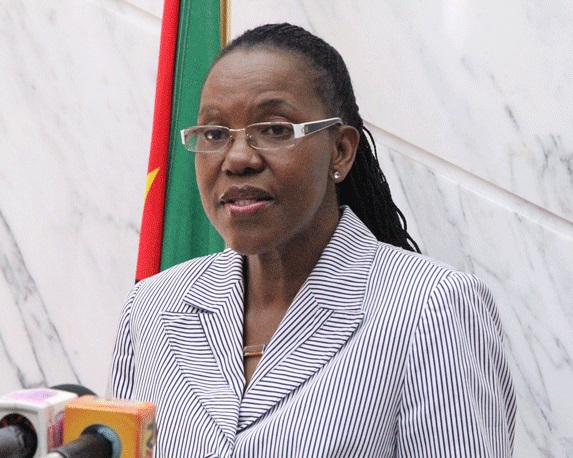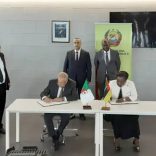Mozambique: Revimo suspends four tollgates in Gaza - AIM
Mozambican municipalities to take part in personal income tax collection – Govt

Local authorities will be involved in the process of collecting personal income tax (IRPS) from taxpayers in their areas of jurisdiction.
This is the result of the amendment to the IRPS Code, whose draft bill was approved this Tuesday during the 38th ordinary session of the Council of Ministers and which will be submitted to parliament.
The law under review was approved in December 2007 and amended in September 2013.
Speaking at a press briefing at the end of the session, government spokeswoman Ana Comoana explained that the changes were intended to make the procedures inherent to the fulfilment of tax obligations by taxpayers more flexible, namely regarding the exemption of the obligation of the presentation of the income tax return.
Comoana also stressed that the measure aimed to establish mechanisms for the cooperation of local authorities with the Tax Authority (TA) and to define mechanisms for the autonomy of the additional income tax in relation to the main remuneration, such as the 13th salary and other additional earnings.
“What is at stake is the flexibility of procedures in the case where the taxable person (taxpayer) has taxable income derived from remuneration exclusively for dependent work. In these cases, the taxpayer may be exempt from the obligation to file an income tax return,” Comoana explained.
“The other change concerns the need to establish mechanisms that may allow the involvement of local authorities in the collection of taxes from property income, where the buildings subject to this tax are located, as well as mechanisms to compensate municipalities in terms of the determination of the percentage for the municipalities (ten percent),” Comoana said.
Currently, this tax is charged exclusively by the Tax Authority.
VAT
At the same meeting, the Council of Ministers approved a decree establishing the Tax Mechanism for Regularisation of Value Added Tax (VAT) in the context of public projects financed with funds from international financial institutions and other development partners.
“The approval of this mechanism will allow the registration of VAT in the scope of the implementation of these public projects on behalf of the State and, on the other hand, the issuance of the corresponding certificate under which payments due on the acquisition of goods and services for the implementation of these public projects, financed with external funds, will be made net of VAT,” Comoana said.
The Council of ministers also approved a decree establishing a National Institute for Examinations, Certification and Equivalences and winding up the National Council for Examinations, Certification and Equivalences.
The creation of this institute, according to Comoana, also deputy minister of Culture and Tourism, aims to increase the dynamics of the response to the growing demand for services related to exam management, certification and equivalence, as well as improving coordination mechanisms and standardisation of procedures in the elaboration, administration and supervision of school examinations, in the recognition of equivalence of certificates issued by this entity and insuring ensure better communication with other similar institutions abroad.
The government also approved the creation of three higher education institutions through an equal number of decrees, namely the Kaenda Institute and the Institute of Management, Technology and Entrepreneurship (ISGETE), both based in Maputo, and the Institute of Academic Development, in Massinga district in Inhambane province.
These institutions, according to Comoana, are intended to promote greater access to higher education, expand, diversify and improve the quality of higher education and stimulate private sector initiative and participation in higher education.
The Council of Ministers session also reviewed information on the Mapping Project for the Zambezi Valley region, which covers four provinces of central Mozambique (Zambézia, Tete, Manica and Sofala); the Translocation of Wild Fauna to Conservation Areas initiative; the School Desks Production and Distribution Programme, which started last March and lasts for three years; and the balance of the launch of the Agrarian Campaign 2017/2018, among others matters.













Leave a Reply
Be the First to Comment!
You must be logged in to post a comment.
You must be logged in to post a comment.